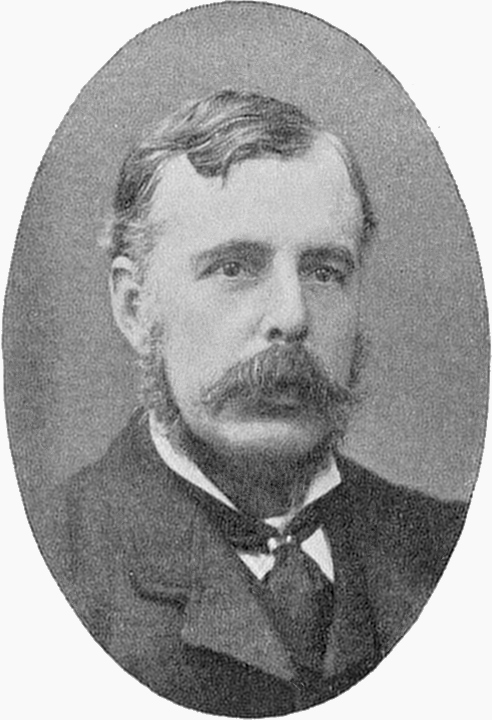The FA Cup is the oldest cup competition in world football, with this season being the 141st since it’s inception in 1871. Let’s have a look at why the FA Cup is such a special tournament.
The Origin

On the 20th July 1871, in the offices of newspaper publisher ‘The Sportsman’, England captain Charles W. Alcock (Pictured above) proposed to the football association committee that; “it is desirable that a Challenge Cup should be established in connection with the Association for which all clubs belonging to the Association should be invited to compete”. The propostion was carried forward, and on the 11th November 1871, the first matches were kicked off, with Barnes FC hosting Civil Cervice FC, a game they came out 2-0 winners, and Hitchin hosting Cyrstal Palace (not the current one!), where it ended with a 0-0 draw. Unusually for such a result, both teams advanced into the Second round of the FA Cup, due to them both being permitted. The first goal in FA Cup history was scored by Clapham Rovers’ Jarvis Kenrick, against Upton Park FC. After a second round tie between Barnes and Hampstead Heathens ended in a draw because bad light stopped play, the committee ordered the first ever replay, with Hampsted progressing despite BOTH ties being played with Barnes as the home side.
The inaugral FA Cup champions were Wanderers FC, after Morton Betts scored the only goal of the game against Royal Engineers, in front of a crowd of 2,000 at the Kennington Oval.
The Notable Moments
- In 1901 Tottenham Hotspur became the first, and only, Non-League side to win the FA Cup (After the foundation of the football league)
- The 1923 final (Also known as ‘The White Horse Final’) was the first final to be played at Wembley Stadium, over 200,000 fans packed in to the stadium to see Bolton Wanderers beat West Ham 2-0
- The 1925/26 season was the first in which teams from the top 2 divisions received a bye into the third round
- The 1945/45 season was the only in which ties were played over 2 legs (the final was played over 1) in order to boost income and give clubs more games
- Substitutes were first allowed in the 1966/67 edition, before teams would be required to field a reduced number of players in the event of an injury
- The 100th edition of the FA Cup, in 1980/81, was the first final where the replay was held at Wembley Stadium
- In the 1991/92 edition of the FA Cup, the first penalty shootout was held where Rotherham beat Scunthorpe 7-6 on penalties.
- After pressure from the FA, in 1999 Manchester United became the first reigning champions to not defend their title.
- The 1927 FA Cup final was the first to be broadcast on TV, with the BBC providing coverage
- During the 1938 Final, BBC Radio commentator Thomas Woodroofe said “if there’s a goal scored now I will eat my hat”. Within seconds Preston were awarded – and scored – a penalty. Woodroofe then proceeded to eat his hat.
Giant Killings
The FA Cup has become widely known for ‘giant killings’ where a club of a smaller stature beats one of a larger stature (typically top flight). Here’s some of the most notable:
- In 1894 Notts County won the FA Cup as a side in the 2nd division – the first to do so
- As previously mentioned, in 1901, Non-League Tottenham Hotspur won the FA Cup
- In 1958/59 Third Division Norwich reached the Semi-Finals, after progressing through the previous 6 rounds
- In 1973 Sunderland become the first Non-First Division side to win the FA Cup since West Bromwich Albion 42 years prior, Southampton in 1976 and West Ham in 1980 also achieved this – however no one has since 1980.
- In 1984 Plymouth almost became the first Division 3 side to reach the final, narrowly losing 1-0 to Watford in the Semi Final at Villa Park
- In 1989 Fifth tier Sutton United beat First division Coventry just 18 months after Coventry had won the FA Cup. This was the last time a Non-League side beat a top division side in the FA Cup until 2013
- On 11 December 2007 Eighth tier Chasetown became the smallest side to reach the FA Cup third round
- In the 2016/17 edition, two Non-League sides (Lincoln and Sutton United) reached the Fifth round, and then Lincoln went on to progress into the Quarter Finals, the first time a Non-League side achieved the feat in 103 years.
